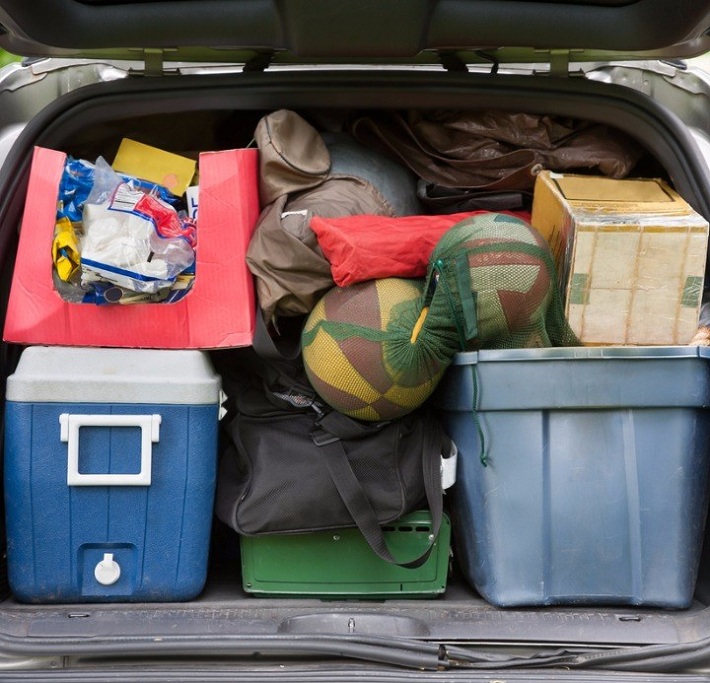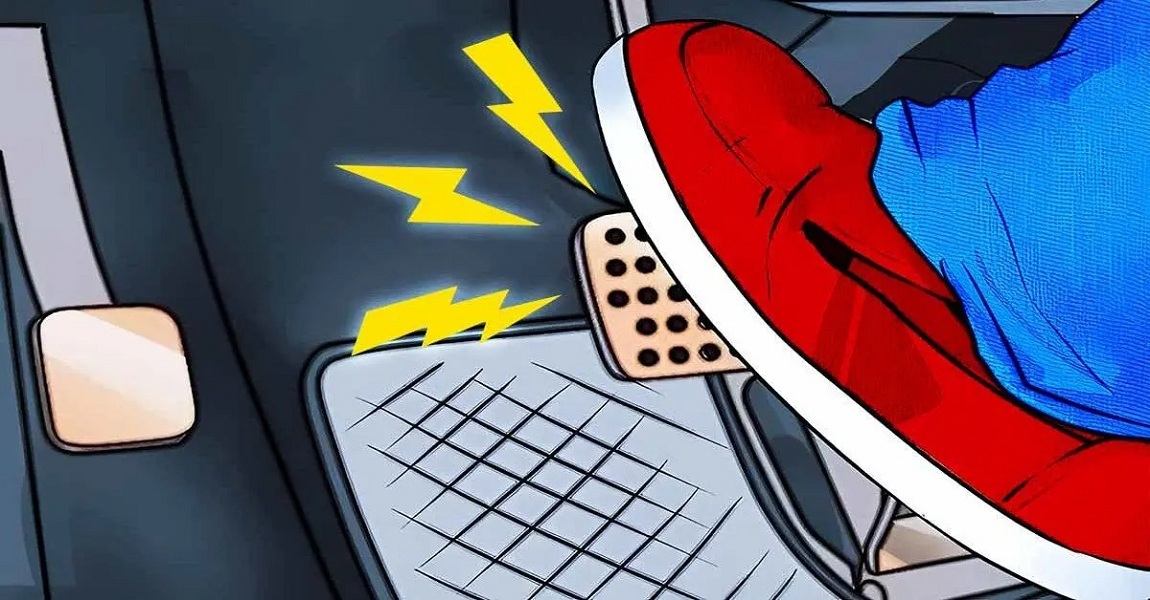You already know the basics of how to fix a car: Change your filter often; if it’s making noise, it could be the belt. Make sure you change the oil when it’s time to; if something breaks, like the air conditioner, fix it right away, etc.
But what about things you do unintentionally that might hurt your car?
A lot of people don’t realize that they might be making small mistakes every day that hurt the condition and life of their cars.
Take a look at these 7 Common Driving Mistakes that could be causing damage to your vehicle:
Switching gears without stopping
Many of us have inadvertently shifted our car, truck, or SUV from reverse to drive without stopping.
If you do it all the time, it could damage your transmission in a way that can’t be fixed. When you change gears without stopping, your car makes a sound that tells you that something is wrong with the transmission.
Fixing a transmission can be very expensive, so stop for that extra half-second before you shift to save money. Your transmission will last for a much longer time.
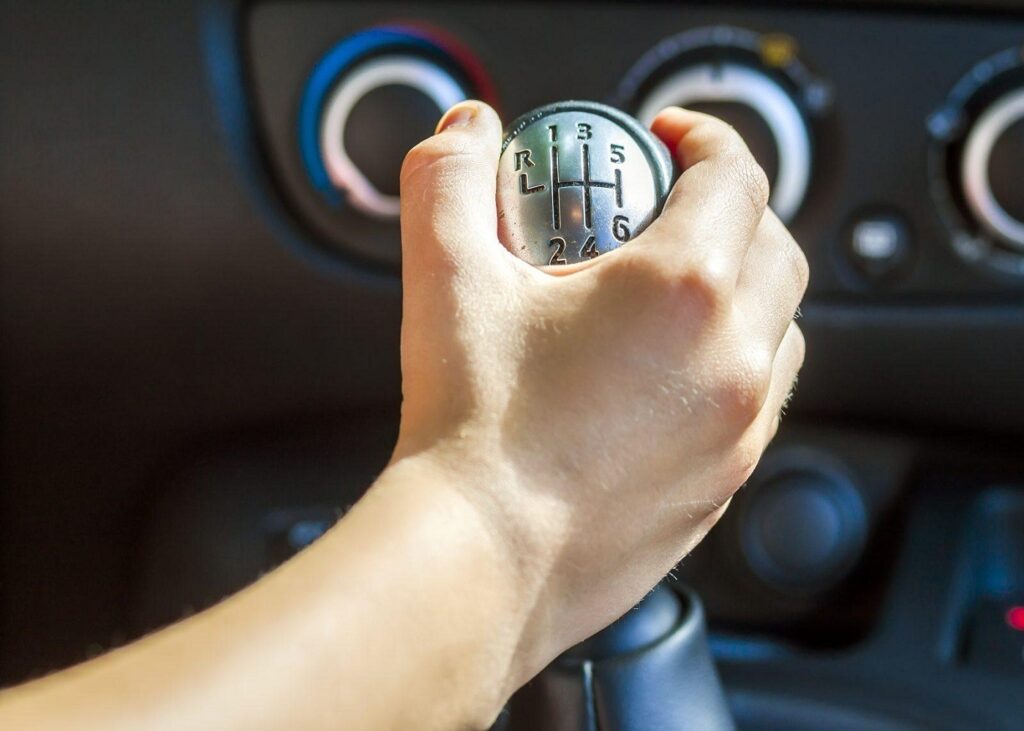
Abusing the Clutch
A lot of people who drive with a stick shift do this. When you’re stopped, you keep the clutch pressed all the way to the floor. So, you can move a little at a time as traffic moves, or you can be ready to go when the light turns green.
But if you keep the clutch in when you’re stopped, its parts will rub against each other and wear out, which could cause the car to break down. Also, it can hurt the release bearing, the release arm, and the pressure plate.
Instead of holding the clutch while the shifter is in gear, move the shifter to “Neutral” and let the clutch out. When you’re ready to go, push in the clutch, shift into first gear, and drive.
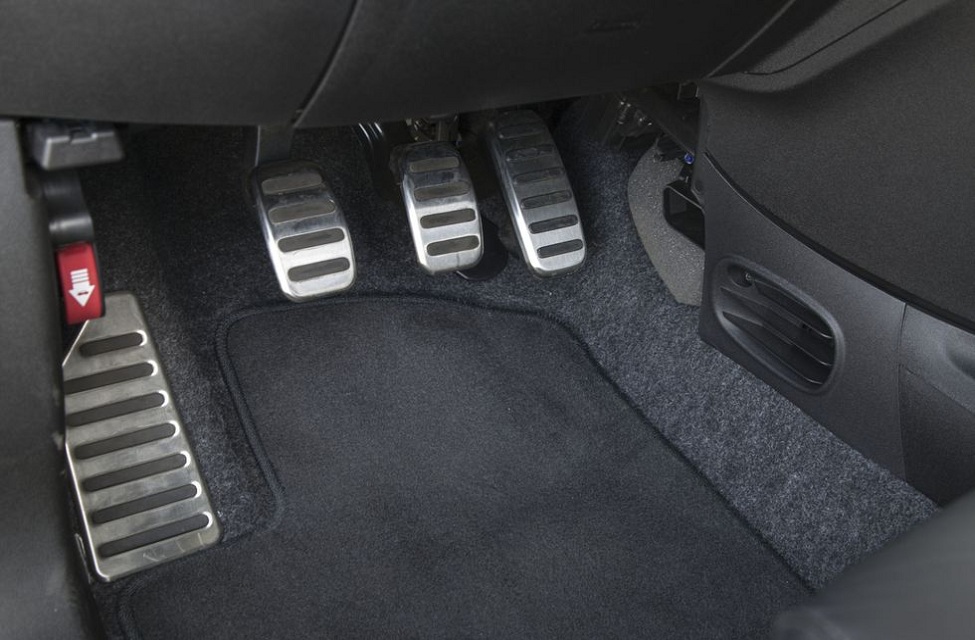
Ignoring the lights on the dashboard
Who among us hasn’t said, “That light? Oh, I don’t know what it means, but it’s been going on for a while.”
If you don’t read car manuals, the dashboard lights can look like a series of strange symbols that your car is trying to tell you something.
But it’s a good idea to learn what the different lights on your dashboard mean. Some alerts mean that something needs to be fixed right away. If not, the car is going to break down.
Here are a few different kinds of dashboard lights:
- Tire Pressure Light: If this light comes on, check your tire pressure right away. Tires that don’t have enough air in them can go flat or blow out, which could lead to an accident or leave you stuck. If you can’t check and fill your tires on your own, you should take your car right to a nearby mechanic’s garage.
- Check Engine Light: This light could mean a number of problems, so if it comes on, it’s best to get your car checked out right away. If you put off anything that has to do with your engine, it could cost you a lot of money in the long run.
- Brake Light: Brakes are one of the most important safety features on a car, so if your brake light comes on, you should take your car to a garage and have a mechanic check your brakes.
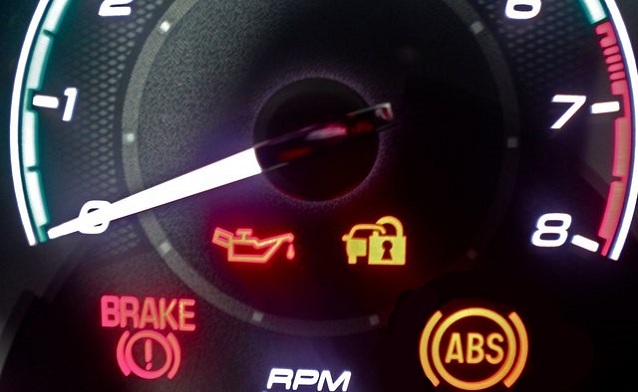
Suddenly Shifting From Reverse to Drive
Imagine that you are leaving a parking spot by backing out. The road is clear, so you move forward by moving the shifter. Do you recognize it? This might not seem like a big deal right now, but sudden changes in direction like this can really hurt your drivetrain over time. Instead, stop completely before making the change. It only takes a second longer, but it will protect your engine, transmission, and axles from damage in the future.
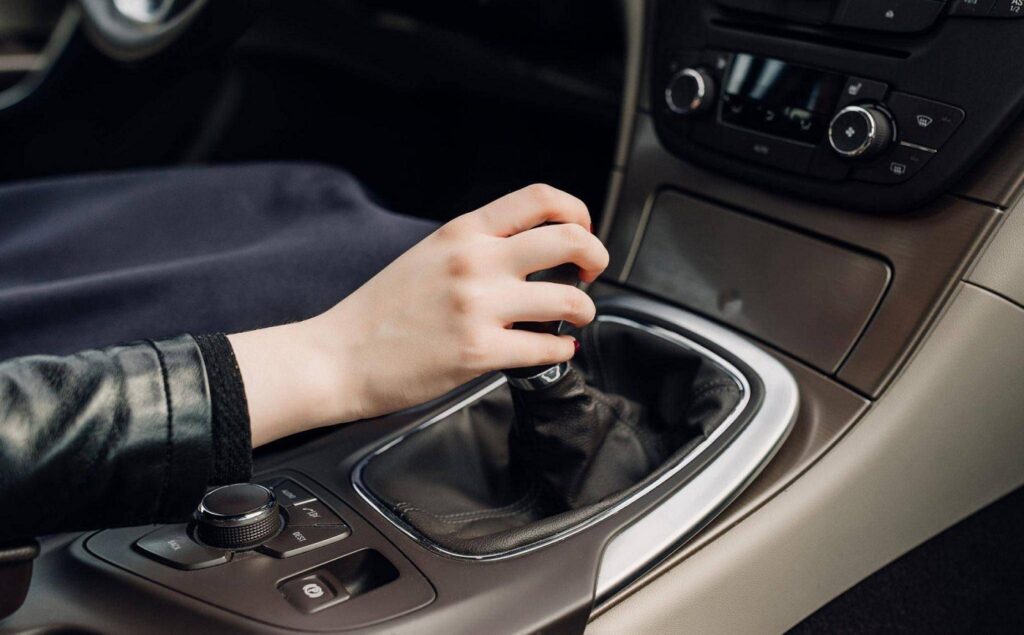
How to Keep the Gas Tank Low
Many of us have been in situations where the most we can do is put $10 in the gas tank. What you might not know is that putting in a little extra cash could help keep the fuel system of your car from getting damaged.
Many fuel pumps stay cool by being submerged in the fuel in the tank. If your tank is often only a quarter full or less, you may need to replace the fuel pump sooner than you would otherwise. Even though it might hurt to pay a little more at the gas station, it won’t hurt nearly as much as having to get a new fuel pump.
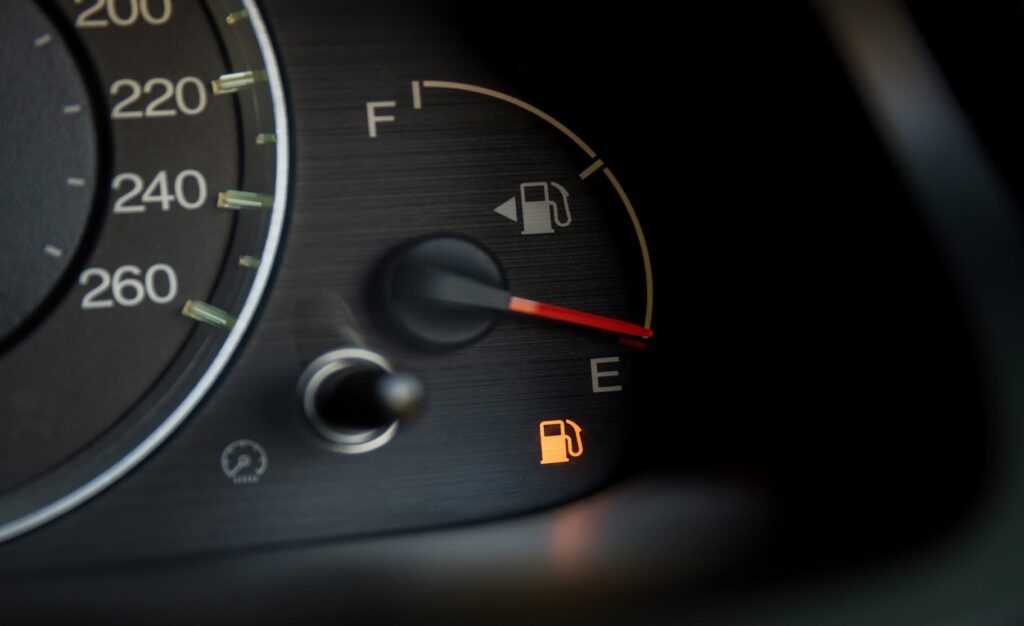
Not paying attention to strange sounds, smells, or movements
Most of us make this driving mistake at some point or another: we ignore a strange sound, smell, or movement our car makes all of a sudden in the hopes that it will just…go away.
Sadly, that doesn’t happen very often.
If your car starts making strange sounds out of the blue, it could be a lot of different things. If you don’t recognize a sound, you should get it checked out.
Same thing with strange sounds or smells. Both could be signs of major engine or structure problems that need to be fixed right away. If you don’t, your car could get serious and expensive damage.
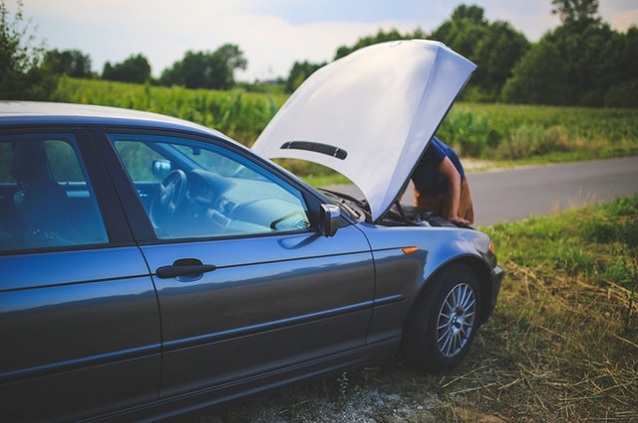
Going hard or fast over potholes or speed bumps
Okay, it might be fun sometimes, but your car doesn’t think so and neither does your back.
There are always a few potholes or speed bumps that we can’t help but hit, but if you can, you should try to avoid anything that will seriously shake your car, truck, or SUV. If you hit a pothole or speed bump too fast, there are a lot of bad things that could happen to your car. You could damage the car’s body, pop a tire or damage the rim, damage the engine, damage the suspension, etc.
How people drive cars in movies is not how you should drive them in real life, unless you want to pay for all the repairs.
We sometimes drive in ways that we know aren’t the best, but we think, “Hey, what can it hurt?”
It’s bad because it can hurt both your car and your wallet.
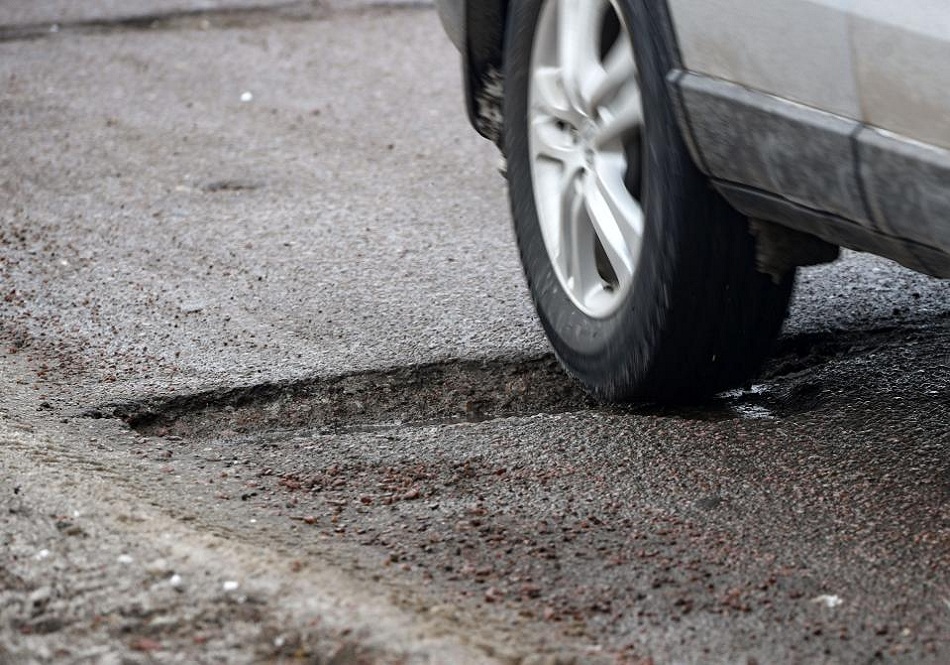
Using the Wrong Fuel
I’m sure a lot of us have been to the gas station, started filling up, and then realized too late that we were putting in the wrong kind of gas for our car. If you put Premium gas in a car that normally takes Regular, the only thing that will hurt is your wallet.
But if you put diesel into your engine by accident, it will cause trouble. A car that doesn’t run on diesel doesn’t have the right engine parts to make the fuel ignite and run the engine, so it just sits there. No one benefits from this.
Take a few extra seconds to make sure you’re putting the right fuel in your tank before you start filling up. That little bit of extra time could save you a lot of time and money in repairs.
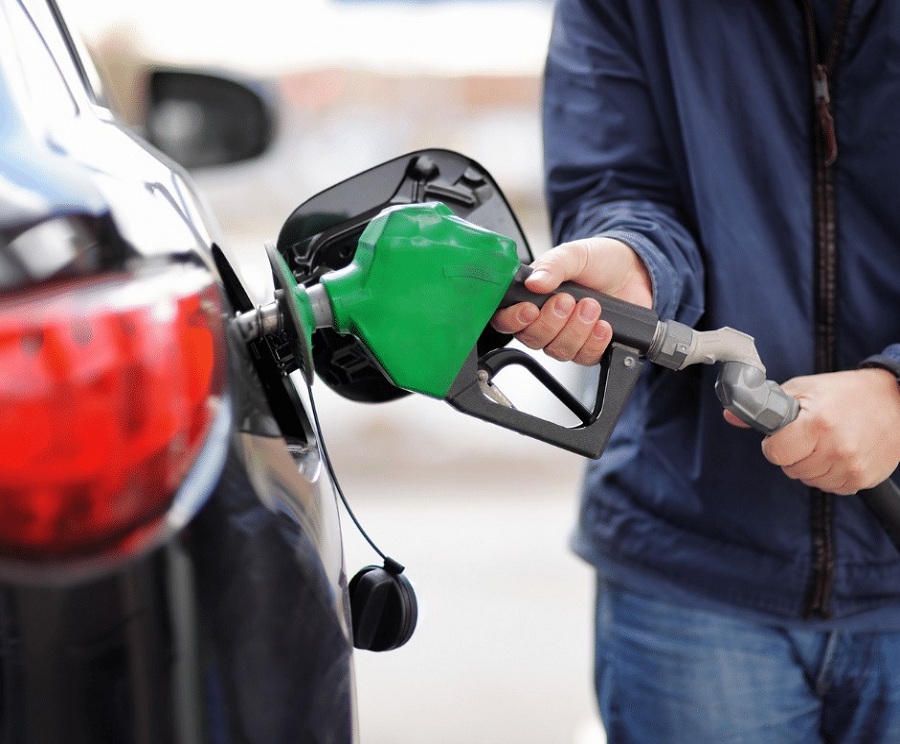
Using the shifter as a place to rest your hand
Driving a car with a manual transmission can be a lot of fun, and it feels natural to keep one hand on the steering wheel and the other on the shift lever as you go through the gears. Don’t. When you leave your hand on the shifter, you put stress on the transmission’s bushings and synchronizers, which causes them to wear out faster than they should. Even if you can’t, it’s best to keep both hands on the wheel. You’ll help your transmission and be able to steer quickly if you need to.
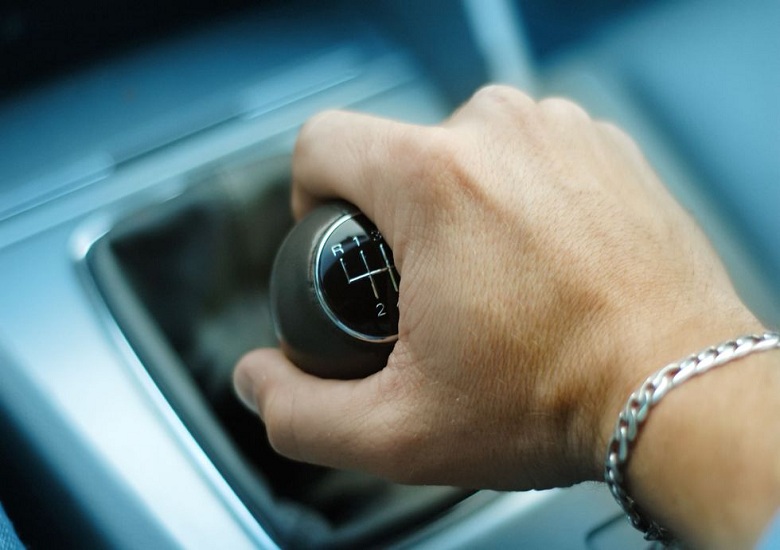
Carrying an Excessive Amount of Weight
It’s simple: the heavier a car is, the more stress it puts on its drivetrain, suspension, and brakes, and the more gas it uses. Try your best to keep your car as light as you can. We’re not saying you should get rid of the air conditioning or sound system, but you should get rid of anything you don’t need. Even though losing a few pounds might only give you an extra mile per tank of gas, it can make a big difference over time. Make sure your car has the things you need every day, and put the rest of your stuff somewhere else.
